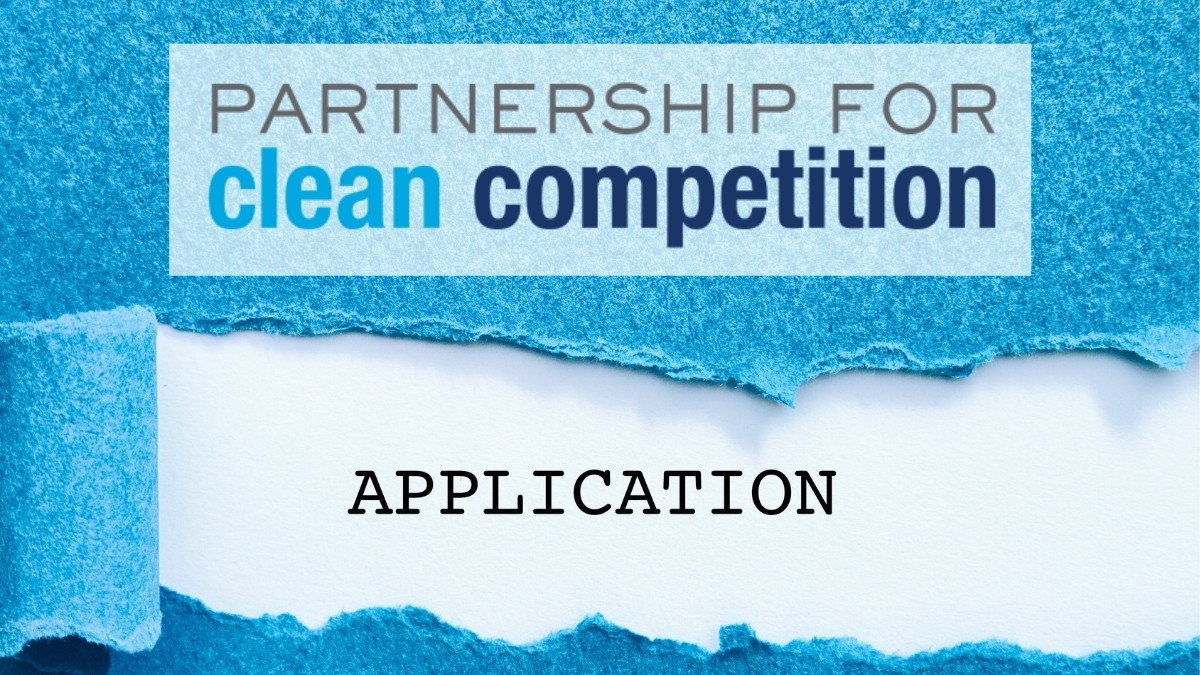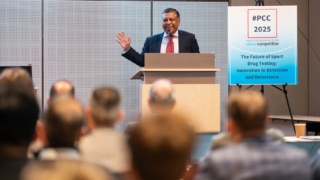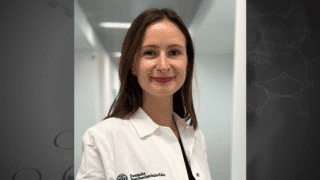The Partnership for Clean Competition offers funding to scientists all over the world who contribute to research that impacts anti-doping.
What falls under that umbrella? Any science that contributes to the PCC’s research priorities:
- Developing methods of cost-effective testing to detect and deter the use of banned and illegal substances.
- Developing testing protocols to detect designer substances used for doping purposes.
- Improving existing analytical methods to detect particular drugs, ex. GH, IGF-1, EPO, hCG.
- Developing analytical methods to detect performance-enhancing drugs not currently detectable.
- Longitudinal urinary excretion patterns, metabolism and dose-concentration.
- Critical reviews to support interpretation of laboratory data.
- Alternative specimens, (ex. oral fluid, dried blood/plasma spots) for testing
- NEW: Social science projects aimed specifically at an elite athlete population in Olympic, Paralympic, Pan-American, and professional sports are of interest to the PCC, including:
- Development of effective quantitative and qualitative measures of deterrence
- Impact of technology and innovation to improve effectiveness of anti-doping programs (e.g. GPS whereabouts, unwitnessed sample collection)
- The use of supplements and their impact on doping behavior
- Relationship of the banned substance/prohibited list on perceived fairness in and effectiveness of the anti-doping system
- Relative influence of risk factors in doping behavior
The PCC offers funding through three primary mechanisms: grants, fellowships and micro-grants.
Researchers can apply for micro-grants year-round (projects must be six months or less and total funding must be below $75,000). Meanwhile, grants and fellowships are considered during three cycles in the year.
For those grants and fellowships, we offer deadlines for pre-applications on March 1st, July 1st and November 1st. The pre-application process is relatively short and straightforward. Basic details of a project are presented so that we can ensure the project is on-topic for the PCC. Most pre-applications are approved.
Once a pre-application is accepted, researchers can begin working on their full application, which demands a higher level of detail and is due one month after the pre-application deadline (April 1st, August 1st, December 1st).
For the grant program, there are no maximum or minimum amounts, though the average funding amount is roughly $200,000. Approximately 30% of applicants are awarded PCC funding.
As for the fellowship program, it’s designed to facilitate PCC’s investment in the future of the anti-doping science community. The program supports qualified post-doctoral scientists at leading universities and WADA-accredited laboratories who demonstrate strong interest and potential for long-term contribution to the fields of anti-doping science. By cultivating ethical leadership and ongoing commitment to research, the Fellowship Program helps ensure the continuation of standards established by today’s anti-doping experts. Fellowships offer $150,000 in funding over two years.
You can learn more in our Application Center. If you’re ready to get started, you can begin the application process here.
Not going to make this pre-application deadline? MARK YOUR CALENDAR! The next one in 2022 will be November 1st.




